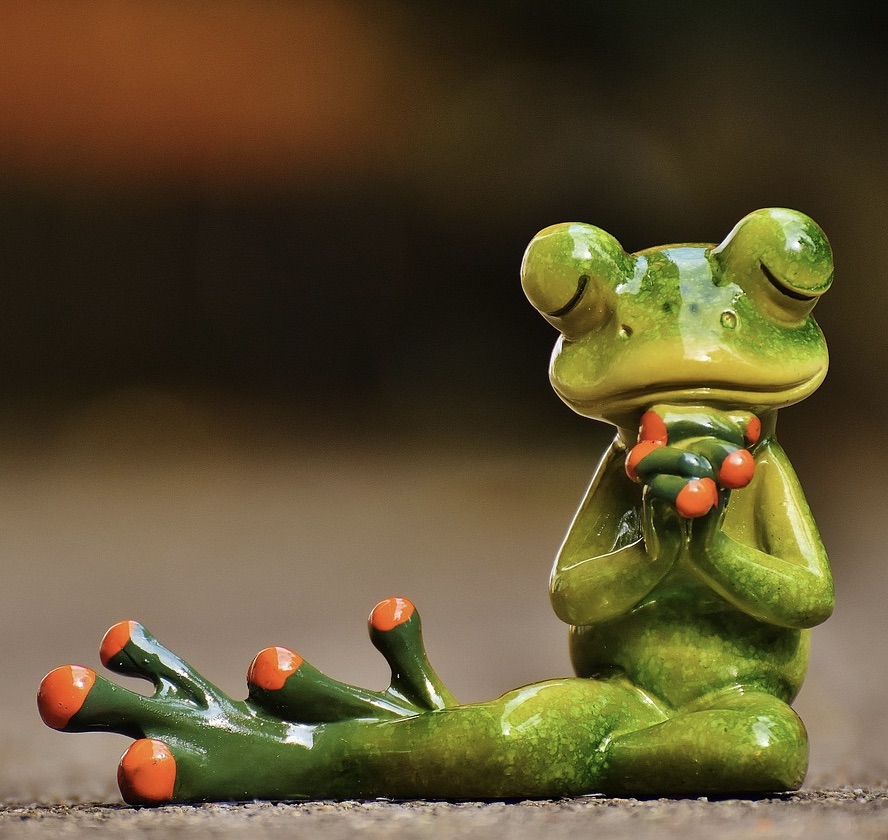1. pockets
I see the painting by Jean Chardin as illness.
The singularity of each oil or vinegar carafe, their silver heads
in high tarnish. The latencies of coming rot
in half-peeled oranges and apples,
the rash of dubious color foregrounding a glaring ham.
Heedless, a tablecloth so white. In its wake
pockets of painterly order empty out, and emptiness
overwhelms the artist’s accuracy at its height.
2. fever
A noise can gather into itself
everything that was decipherable,
stealing every stick of comfortable furniture
a mind thinks it can lock in its house.
Under last night’s breeze, where the memory hid from me,
its fever is still intact.
3. runnels
Deep in the onset of illness: a map. But its place names
are scissored-out. Just the blue
and brown and green unfolded expanse of it
left, if blue and brown and green were the type of foliage
you could see through
to the inner branches, if inner branches
were only sound—
clear, lucid sound though, the kind that passes through surfaces,
the way a view out an open bedroom window
will carry through decades
to reassert itself in a sudden awareness of pine scent.
Yesterday, the sickness, spontaneous runnels left in the mud
after morning rainstorm’s runoff
dried. Today, a network of canals that leaves anchor
and ants travel.
4. no significance
Diamond pattern in the sidewalk
holding its depth so still as to be un-enterable.
That depth had, at one time, belonged entirely to linoleum squares in a kitchen
built on a stillness
that makes even the slowest memory of it
stammer. Linoleum squares, in a repeating pattern,
that I remember counting at the age when I could still let myself
be numbers—
just one number following the next.
5. choice
I try counting so I can sleep.
Heat from the illuminated clock hour, radiant with accuracy.
Heat from inventing this room, this dark, this mind
until I believe I exist.
Figurative heat, which may not throw off enough real heat
to act out its shape in real time.
A little salt left in the crux of silence might be one example.
A little salt crucifix on the otherwise smooth wall
in the otherwise anonymous darkness.
When thought goes a long way away from the point, apply heat
and observe its tracks, which might lead to a fox
with one paw in a trap—
How much I’d hated those stories as a child. How, in every trap,
there was still a choice.
And in every sleepless night, still more to invite back
from forgetfulness
until it prickles with heat’s plumage.
6. sufficiency
Against the window a heavy morning rain, color of my first favorite holy card,
mary of the little flower
dissolving in the phosphorous of dissipating memory,
leaving only this blue sufficiency.
Which stays generous.
7. necessity
Not illness, but anticipation—this blue sky
arriving without regimen of distinguishing clouds. Then blue
dispersing the necessity of sky.
This glass door, but closed to the somewhere to be going.
Then the need to go, no longer apparent, even as interruption
in the coolness of glass, then the clarity
released from any need to see through it–
that would only distract.
8. each sensation
I take a window from its frame,
holding the bare glass in both hands. I align
my shoulders and hips to its weight,
letting its sharpness invite, into my hands, sensations
I hadn’t realized it resembled
in sense organs I am,
in this way, acquiring.
9. visitation
Eclipsing moon tonight—a child walking backward
meets her own nothing left
incrementally, taking
her own measure
from herself. What pivots
in the midst of an experience, and moves to the middle of it.
What is this symptom. Beams in the storm-beaten roof, cinching then swelling,
leak a little rain
into a vestibule I hadn’t visited.
10. moving water
On the hill out my window, cypresses wear bark-sculpted cloud patterns and
aviaries of leaf-float.
In my turn-away, at vision’s edge, little twig-like wraiths.
There are signals.
Which won’t be fitted into episodes.
Not a single nerve path left ossified
from each onset
of sickness. Nothing left in sand from the last
turn of the tide. Where each stranger I’ve been to myself
will step again into moving water
unobserved.
11. an empty porch
A symptom will establish itself in every mirror
that body becomes.
Not as cause, not with any specificity.
A perceiver is a distillate left in everything she sees.
I can’t walk onto the empty porch with its empty chair, in the empty
center of afternoon,
without extending emptiness’s territory.
12. nets
Indistinguishable from body’s surface, a net
of symptoms floats.
A hummingbird’s wings disappear.
A hawk hovers, all air, its shape and color
cloud to the cloud behind it, while a rabbit
sniffs
and scans the stillness of every shadow beyond its burrow,
making its mortal error.
13. heat
A sickness exercises its options, even as symptoms
fade.
An utterance, under-stitched to instinct, speaking
an inverse of sky.
An animal’s belief in water, with water’s scent in its nostrils.
Bright bracelets of air currents
jangle cloud-silence against mountain-silence
and my head starts to ache.
The sweat of dust, rising red
where the evening heat can’t hold it. The animal lifespan of that last ray
of sunlight, already extinct as it touches ground.
 Rusty Morrison’s After Urgency won Tupelo’s Dorset Prize (2012), The Book of the Given is available from Noemi Press, and the true keeps calm biding its story won the Academy of American Poet’s James Laughlin Award, the Northern California Book Award, Ahsahta’s Sawtooth Prize, and the DiCastagnola Award from Poetry Society of America. Whethering won the Colorado Prize for Poetry. She has received the Bogin, Hemley, Winner, and DiCastagnola Awards from The Poetry Society of America. Her poems and essays have appeared in American Poetry Review, Boston Review, Kenyon Review, Pleiades, and elsewhere. She is co-publisher of Omnidawn Publishing.
Rusty Morrison’s After Urgency won Tupelo’s Dorset Prize (2012), The Book of the Given is available from Noemi Press, and the true keeps calm biding its story won the Academy of American Poet’s James Laughlin Award, the Northern California Book Award, Ahsahta’s Sawtooth Prize, and the DiCastagnola Award from Poetry Society of America. Whethering won the Colorado Prize for Poetry. She has received the Bogin, Hemley, Winner, and DiCastagnola Awards from The Poetry Society of America. Her poems and essays have appeared in American Poetry Review, Boston Review, Kenyon Review, Pleiades, and elsewhere. She is co-publisher of Omnidawn Publishing.


![Monument for Inger Christensen. Photo by David Stjernholm. Featured image for [o] by Kristi Maxwell.](https://atlengthmag.com/wp-content/uploads/2025/06/Monument-for-Inger-Christensen_Kaare-Golles_002_Photo-by-David-Stjernholm-1280x914-1.jpg)
